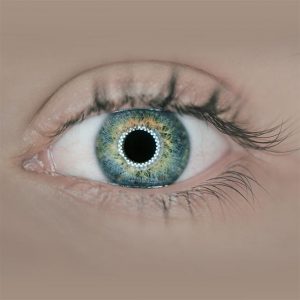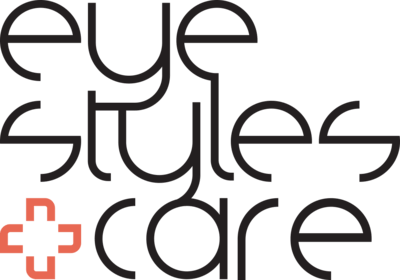COMPREHENSIVE EYE EXAMS
As your eyes gradually change, so can your vision and prescription needs. That’s why regular eye exams are so important.
Your eyes change over time.
This happens as a result of the natural aging process and things like climate, hormones, pregnancy, medications, and the daily activities you enjoy doing. Visiting your family doctor for an annual physical is critical to managing your health. Doing the same for your eyes is just as–if not more–important for maintaining excellent vision and quality of life. If you’re thinking, “How can I schedule an eye exam near me?”, then contact our office today. We’ll set an appointment at a time that’s convenient for you.

What Is a Comprehensive Eye Exam?
Unlike a basic eye check-up, a comprehensive eye exam involves a thorough, detailed examination of your eyes and visual abilities. During the exam, our eye doctors will ask you about your medical history, family history of any diseases or health issues, medications you may be currently taking, hospital visits, and your personal lifestyle. All of these are elements that can affect your vision.
The comprehensive eye exam includes a number of tests to assess your overall eye health. At EyeStyles+Care in Belmont, Bridgeport and Woodstock, Oregon, we have the top-of-the-line medical equipment and cutting-edge technologies that enable us to provide you with the best quality of care that you and your family deserve.
Refraction Eye Test
An essential part of any comprehensive eye exam is a refraction test, or as it is more commonly called, a basic vision or eye test. This gives the doctor an idea of what kind of prescription you may need. The refraction test is simple: the patient looks through a special device called a Phoropter, focusing towards an eye chart, which is usually about 20 feet away from the chair. Our eye doctors will test different lenses to see which ones give you the clearest, sharpest vision.
Based on your specific case, the doctor may perform any of the following tests:

Children's Eye Exams in Belmont, Bridgeport & Woodstock
Because our young patients grow so quickly, their vision is vastly different than adults. Toddlers, school-age children, and adolescents each have their own needs at these various stages of life, so it’s crucial to have their eyes thoroughly examined on a regular basis. Education experts say that 80% of learning is visual. In fact, many issues related to learning and extracurricular activities can be eye-related.
Difficulty concentrating or acting fidgety can often be misdiagnosed as ADHD when in reality, the child has developed vision problems. Symptoms can include headaches, tiredness from schoolwork or playing sports, or excessive squinting at the board. Children develop rapidly, especially in the early childhood years. This is why doctors recommend regular exams to check how their vision is advancing and to detect any potential problems. The American Optometric Association (AOA) recommends regular eye exams at age 6 months, 3 years, when a child begins school, and every 2 years after that.
